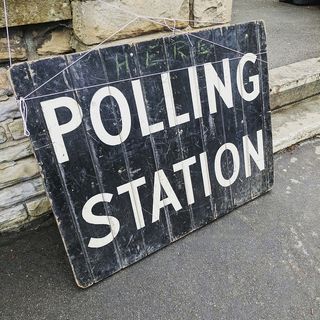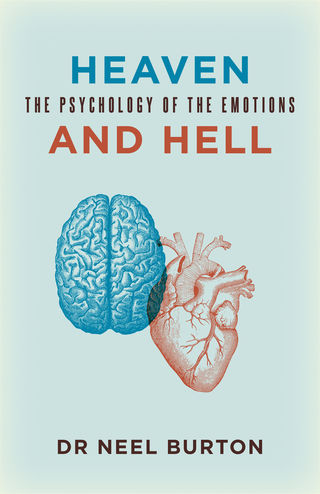Suicide
Why Bother Voting?
Why bother voting when your individual vote won't count?
Posted November 10, 2012
[Article updated on 17 September 2017]

Any one person's vote isn't going to make the blindest bit of difference to the outcome of an election. Say you lived in the state of Florida, where presidential elections have a habit of being particularly close: even in the closest election, your vote would most probably not be the deciding vote, and, even if it was, the outcome in Florida would be unlikely to decide the next President of the United States. If you were to vote in states like Rhode Island or Hawaii, which are heavily Democratic, or Utah or Idaho, which are heavily Republican, then your vote would have absolutely no chance of deciding the election. In fact, your chances of getting hit by a bus on the way to the polling station or even of winning the lottery would both be significantly higher.
In the UK, most constituencies for parliamentary elections are either safely Conservative or safely Labour, so your vote could only make a difference if you lived in a marginal constituency in which more than one party stands a chance of winning. But even if you did cast the deciding vote in your constituency, you would only have elected one Member of Parliament out of 600, and so your deciding vote would be very unlikely to affect which party ends up in power and even less likely to affect which policies get implemented. In the last (2010) election, for example, everyone ended up with a coalition agreement between the Conservatives and the Liberal Democrats which no one voted for, neither Conservative voters nor Liberal Democrat voters nor anyone else.
So why bother voting when you know that your vote won't count? Sometimes, of course, voting is compulsory, but that isn't the case in the US and UK or indeed most elections. If you are going to vote at all, you are probably going to have to consider the candidates, assess their records, read up on their policies, think about your shifting priorities, deliberate over it all (perhaps over several months), and then, finally, come to some kind of finely balanced decision. Even once you have reached your decision, you still have to take the time to register to vote, go to the polling station, stand in line, cast your vote, and then go home and no doubt switch the TV to follow the results, perhaps staying up until the early hours of the morning. The costs of voting are quite high and most certainly outweigh the benefits. For this reason, a rational person would ignore the entire election, wake up on the morning after, and just check the result, knowing full well that he or she could not in any way have altered it.
Of course, if all rational people thought this way, then only irrational people would vote, and we would end up being governed by The Official Monster Raving Looney Party. Mercifully, all rational people do not think this way. Why not? There are four possibilities that I can think of. First, it could be that voting confers important psychological benefits, such as the feeling of belonging to a group or to society as a whole, a feeling of being in it together and of having a stake in the outcome of the election and thereby in the future of the country. Indeed, studies have demonstrated that the suicide rate actually falls during the a US presidential election, no doubt because people feel less alienated at such times, and perhaps also because they feel more hopeful or optimistic and curious as to the outcome of the election. Second, it could be that rational people vote because they are under pressure to do so, by family, friends, their church, and, of course, billions of dollars worth of campaigning and advertizing. Third, it could be that the costs of voting are so small that it is easier (and therefore more rational) to go and do it than to work out whether or not it is a rational behaviour. And fourth, it could be that there are no fully rational people, and that man, as well as being rational, is also emotional and historically aware.
In my particular case, it's not that the costs of voting are small or large, but that they are non-existent or negative. Let me explain myself. I actually derive pleasure from voting in that I enjoy following the election campaign and following the results on television (especially but not only if the person or party that I have voted for appears to be winning). For me, voting is like going to a pantomime: sure, there's some cost involved, but you pay it because it's put on by the community that you love and that you are a part of, and because you know you're going to have a good time no matter how bad it's going to be or how it's going to end. And just as with pantomime, you even get to participate!
What's your reason for voting?
Neel Burton is author of Heaven and Hell: The Psychology of the Emotions and other books.
Find Neel on Twitter and Facebook



